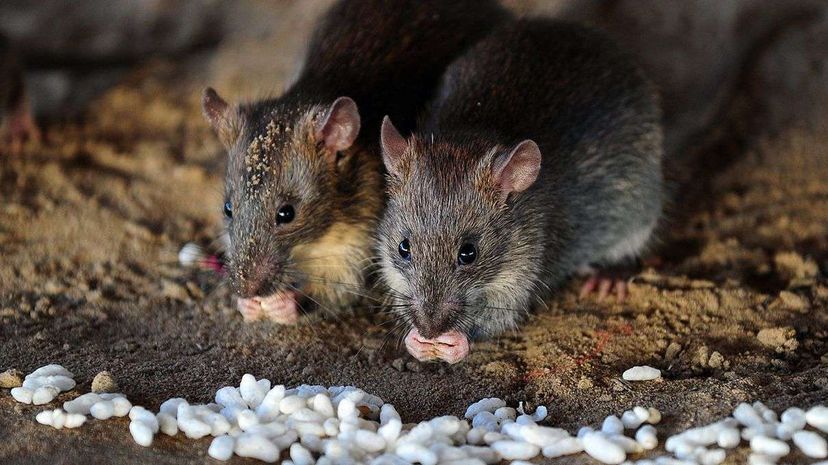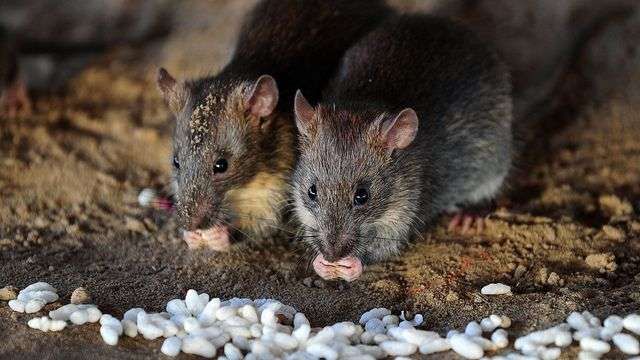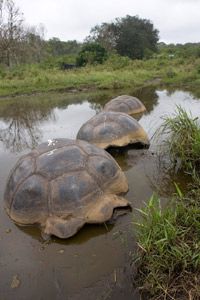
Big cities aren't the only places that have to deal with rats. The picturesque Galapagos Islands are a postcard waiting to happen, or sort of what a lot of folks have in mind when they dream of running off to a far-flung beach somewhere. The archipelago is known for its stunning vistas and vivid tropical wildlife, from giant tortoises and fluorescent flamingos to the mangrove scattered across the islands.
But not all is perfect in paradise — the islands also just happen to be flushed with rats. They began flocking to the Galapagos aboard pirate ships hundreds of years ago and have kept coming via shipping barges and cruise boats. Now one conservation group is pushing an unexpected to solution the rodent problem: A genetically-engineered rat that could eventually eliminate his squeaky little critter friends from the Pacific island chain.
Advertisement

Environmentalists at the non-profit Island Conservation want to tweak rodents' DNA so that they will all produce only male offspring. The idea is to eventually eliminate the rat population by taking away the females, and since it takes two to tango, well... the dance floor gets significantly less crowded after a generation.
An ecosystem is a delicate place, where the presence of unexpected guests called invasive species can wreak havoc on the natural order of things. Just look at the damage that African crocodiles are doing in the Florida Everglades or the way that Pacific lionfish are decimating entire species and habitats in the Caribbean. Islands like the Galapagos are particularly vulnerable because of the exotic and unique combination of animal and plant life that often call them home. For instance, the rats have trimmed the islands' giant tortoise population by feasting on the eggs and baby versions of the shelled creatures.
Scientists are already looking to use a process called “gene driving” to try to create an army of malaria-proof mosquitoes. Now they want to load up mice with a super male reproduction gene that spreads throughout the Galapagos' rodent ranks like wildfire when they're released on the island. At least that's the plan.
Of course, the only problem is that they've never released that kind of gene into the wild before. There may be unintended consequences that they haven't considered. Like what if the male rats get so lonely that they start cozying up to those big ol' tortoises? Could that leave the islands with an entirely new infestation of mutant, hard-shelled, heavy rodents? There may be only one way to find out.
Advertisement
